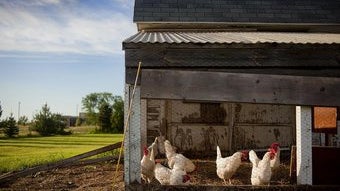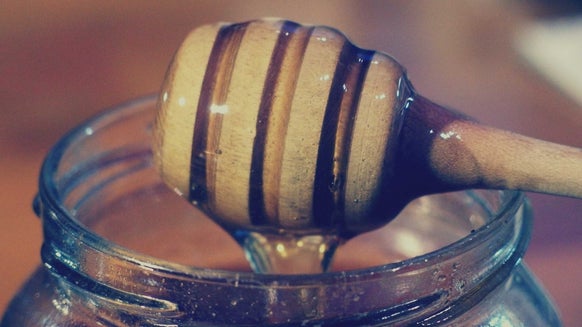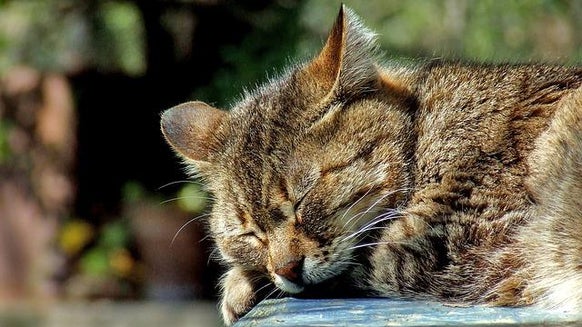Advice on Neutering Pets

Neutering is a commonplace operation that is carried out regularly by vets and can have a positive impact on animal welfare, health and behaviour.
Leading animal charities say that the benefits of neutering dogs, cats and other small animals could also help to reduce the number of animals in rescue centres that need rehoming in the UK each year.
If you’re considering buying a pet or have recently given a new home to a dog, cat or small animal, it is important that you think about neutering for the good of your animal and others.
We talked to experts at the RSPCA, The Dogs Trust and Cats Protection to find out more about the benefits of neutering.
Male & Female Neutering
The term used to describe a female animal that has been neutered is ‘spayed’, which means that both the animal’s womb and ovaries have been removed
For male animals, both the testicles are removed and they are ‘castrated’.
The Procedure
The operation to neuter an animal, while still considered major surgery, is routinely carried out by vets and is recognised as a relatively straightforward procedure. The operation is carried out under general anaesthetic and animals usually recover quickly.
The RSPCA says “some pets may have a tendency to put on weight after neutering. This can be controlled by providing an appropriate diet; talk to your vet about this.”
They add, “neutering has many benefits that apply not only to dogs and cats, but also to other small animals such as rabbits.”
Neutering for Cats
A Cats Protection spokesperson says that “modern anaesthetics and pain relief mean that the process is really painless these days. Many vets also operate using a tiny incision on the left side of the cat, reducing pain in comparison to the equivalent procedure in dogs or humans. Vets will also give cats’ pain relief injections covering the period after surgery. If you are unsure, please speak with your vet.”
The Benefits for Cats
- Less likely to wander, stray and call (if female) or spray (if male).
- The chances of contracting some infectious cat diseases will be reduced.
- Reduction in the likelihood of developing mammary tumours, pyometra (life threatening womb infections), testicular cancer and a range of other illnesses.
- Male cats in particular will improve in physical body condition and their urine will smell less pungent.
Cats Protection says that early neutering is proven to be safe and effective and they recommend that owners neuter their cats at four months to avoid early pregnancies. As a charity, in 2010 they neutered 160,000 cats and can help make it easier for owners on low incomes.
Neutering for Dogs
For female dogs, spaying involves an incision along the tummy to remove the ovaries and uterus.
For male dogs, a single incision is made in the front of the scrotum to remove the testicles.
The Benefits for Dogs
According to The Dogs Trust, the benefits of neutering dogs are widespread and include:
- May encourage calmer, more predictable behaviour making the dog a more suitable family pet.
- May help reduce aggressive and unwanted sexual behaviour, preventing fighting, mounting and destructives. Dogs that are neutered are also less likely to mark territory or stray.
- Reduces the likelihood of strange behaviour in bitches coming into season (for about three weeks, twice a year).
- Prevents male dogs desperately attempting to escape and seek out a local bitch in season.
- Removes the significant health risks associated with pregnancy as well as the possibility of potentially fatal womb infections (pyometra).
- Avoids the mess and inconvenience of seasons.
- Reduces or removes the risks of some cancers in both male and female dogs (including testicular and mammary cancers).
The Dogs Trust operates a subsidised neutering scheme, and more information can be foundhere
Further Advice
Further information about neutering pets can be found on the websites of these leading UK animal welfare charities.








